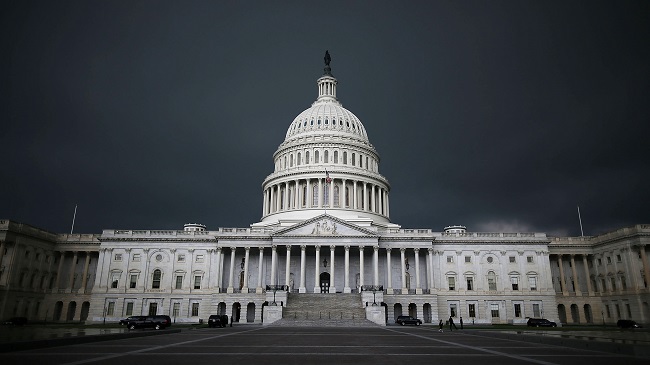
Two days after Senate Republicans passed a new budget designed to lay the groundwork for Obamacare’s repeal with a 51-48 vote, their colleagues in the House did the same with a final tally of 227 to 198. However, unlike the Senate protest led by former presidential candidate Bernie Sanders — which delayed the final vote until just before 1:30 a.m. local time — the House vote on Friday proved to be a rather uneventful affair. Aside from what the New York Times described as a “[general adherence] to party lines” and a few spoken warnings by Democrats opposed to the measure, the final procedural step required before the Affordable Healthcare Act’s potential end is done.
Suggesting the Obamacare “experiment has failed,” House Speaker Paul Ryan (R-Wisconsin) described Friday’s vote as “a critical first step toward delivering relief to Americans who are struggling under this law.” Though the leading representative’s statement didn’t delve into to too much detail about what the next steps would be for Congressional Republicans, and considering the criticisms levied his way by House Democrats and their colleagues in the Sentate, this comes as no surprise. After all, the GOP doesn’t yet have a plan for what to replace Obamacare with.
As several Democrats told the NYT following the vote:
“If we go down this path, we won’t have repeal and replace,” said Representative John Yarmuth of Kentucky, the senior Democrat on the House Budget Committee. “What we’ll have is repeal and repent, because we’re going to owe a huge apology to the American people for the damage that we cause.”
“There’s still no plan for what comes next, threatening massive disruption to the entire health care system” said Representative Suzan DelBene, Democrat of Washington.
Sure enough, as Ryan’s televised interaction with a Republican whose live was saved by the ACA revealed on Thursday, there is no replacement plan. Hence why Wednesday and Friday’s congressional votes were more “procedural” than anything. During the next few weeks, two committees in the Senate and two in the House will draft legislation repealing the unwanted portions of the ACA. (After all, Donald Trump suddenly likes a few bits.) These measures will likely be approved by the simple majority votes that follow.
After that, Republicans in both chambers will introduce new bills to replace the very provisions their preceding actions have removed — albeit with replacements deemed more in line with the party’s political agenda. As the NYT notes, however, the GOP will require help from Democrats to pass these bills in the Senate as they only possess 52 seats. To pass their legislation, at least 60 votes are needed.
(Via New York Times)
